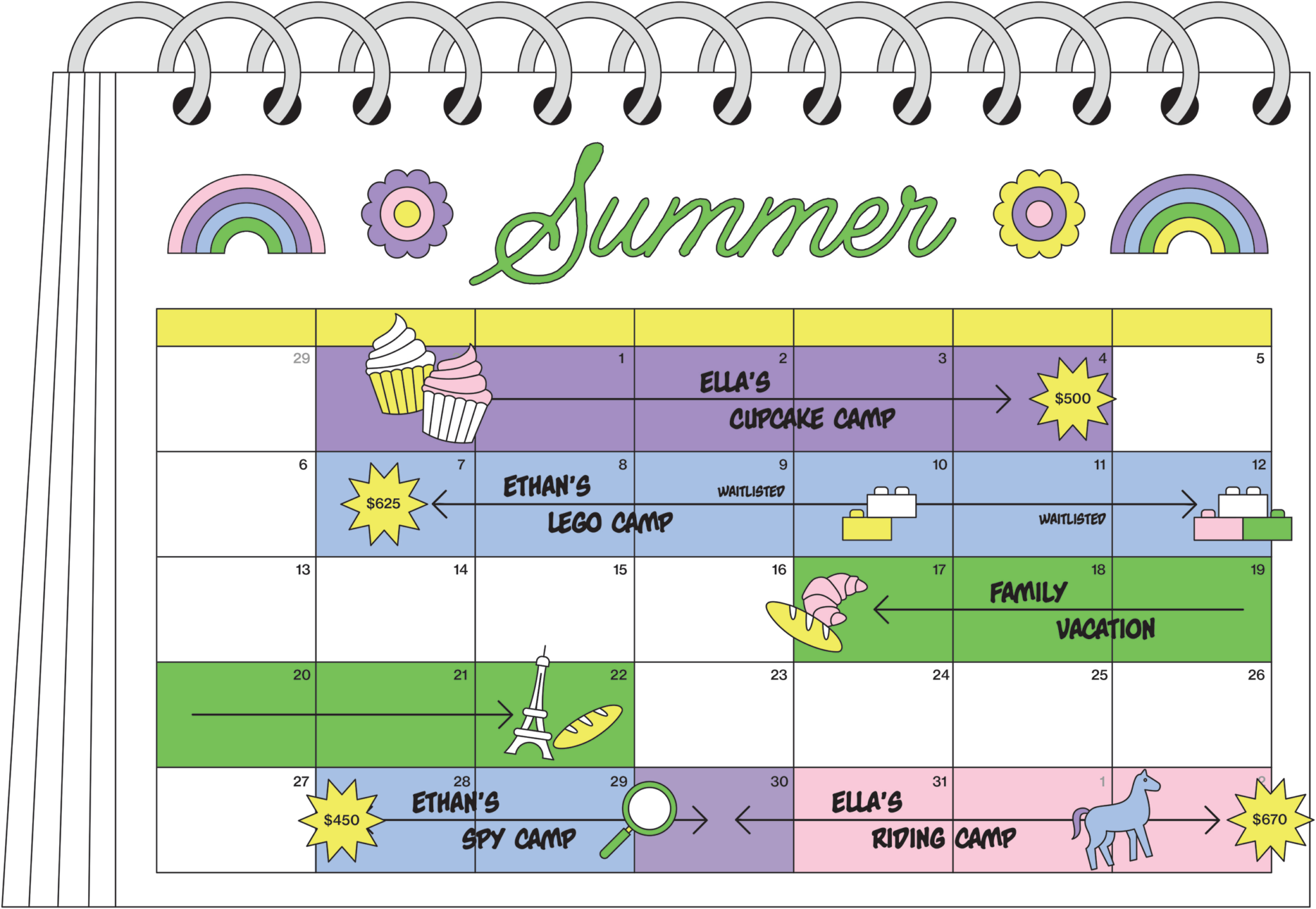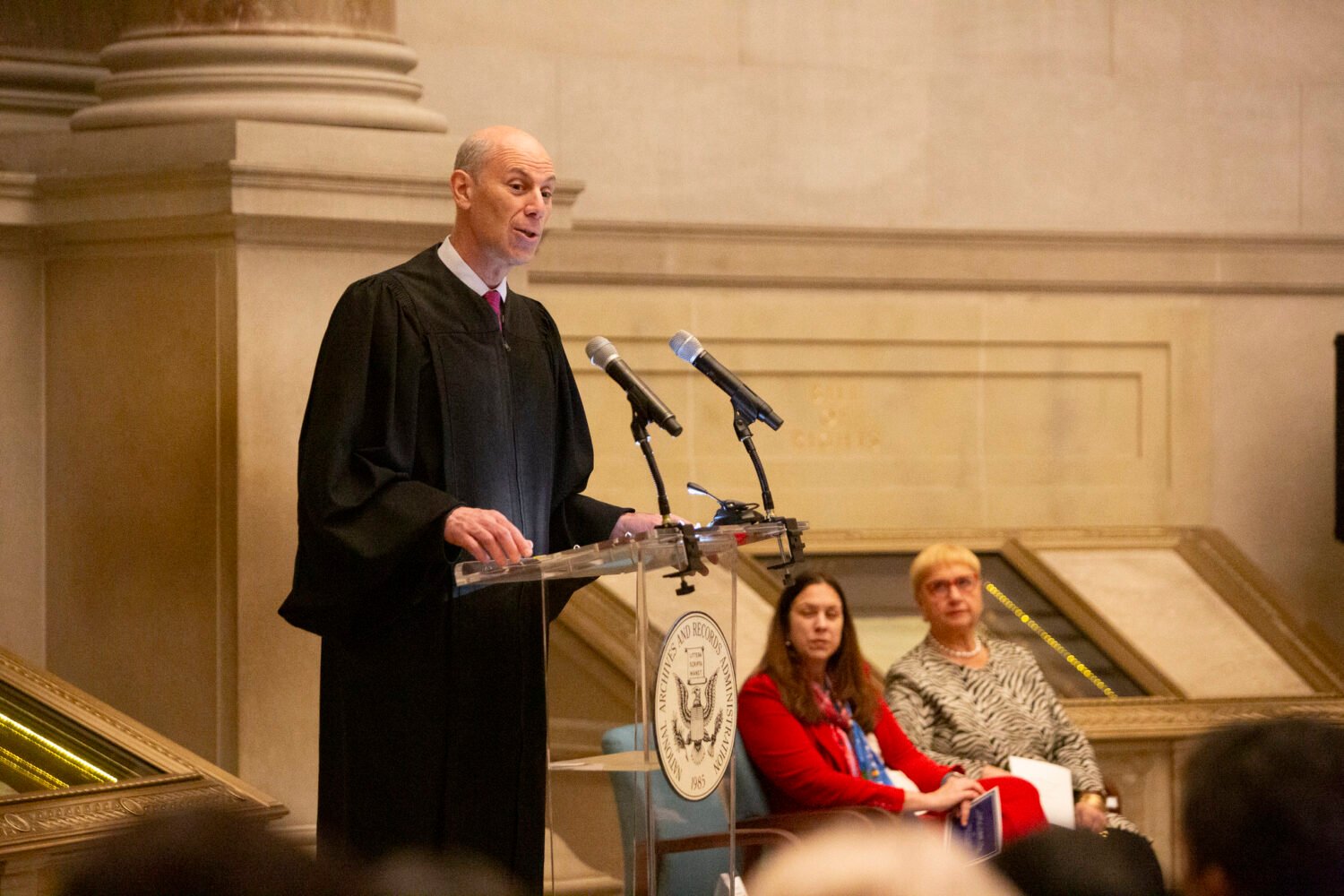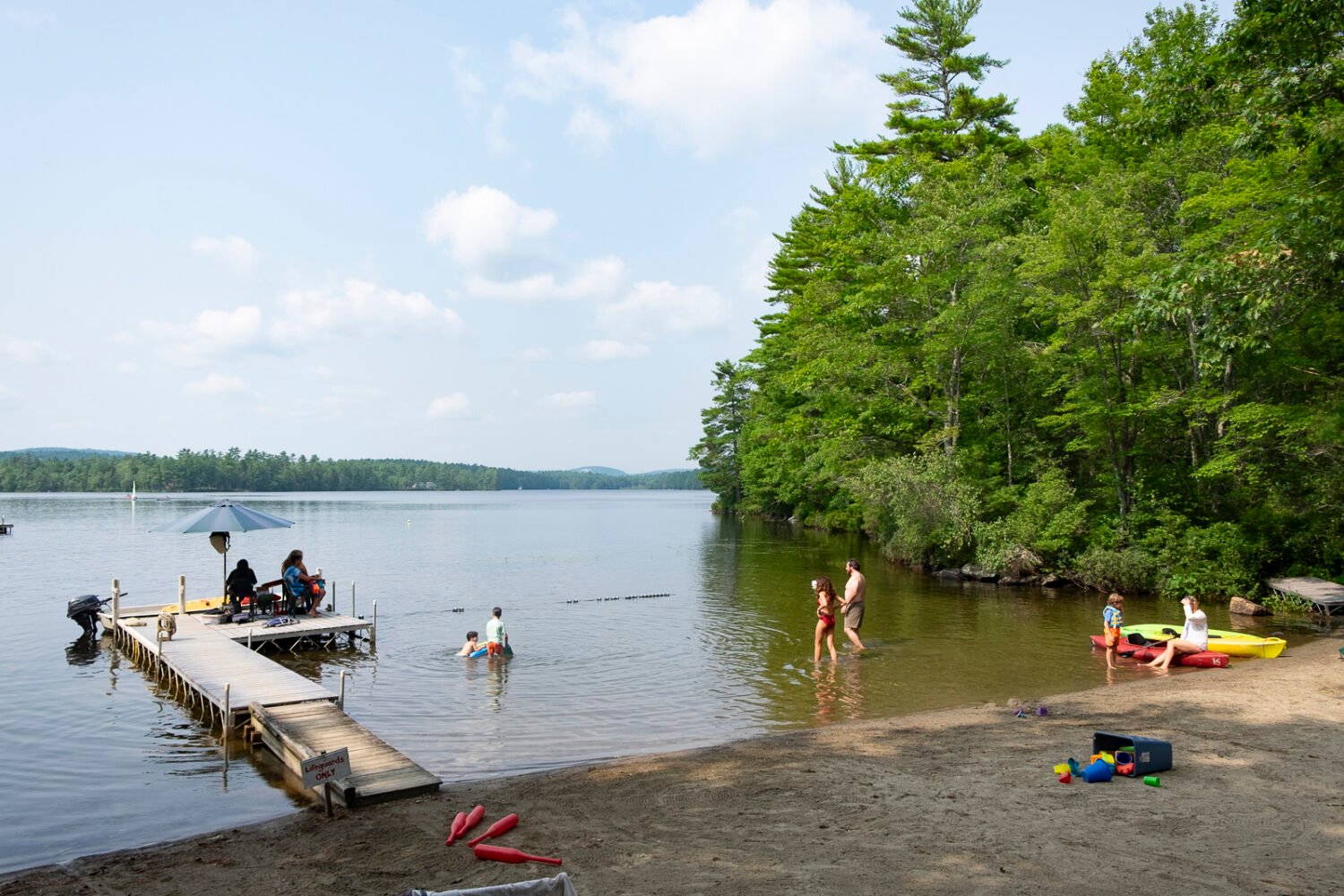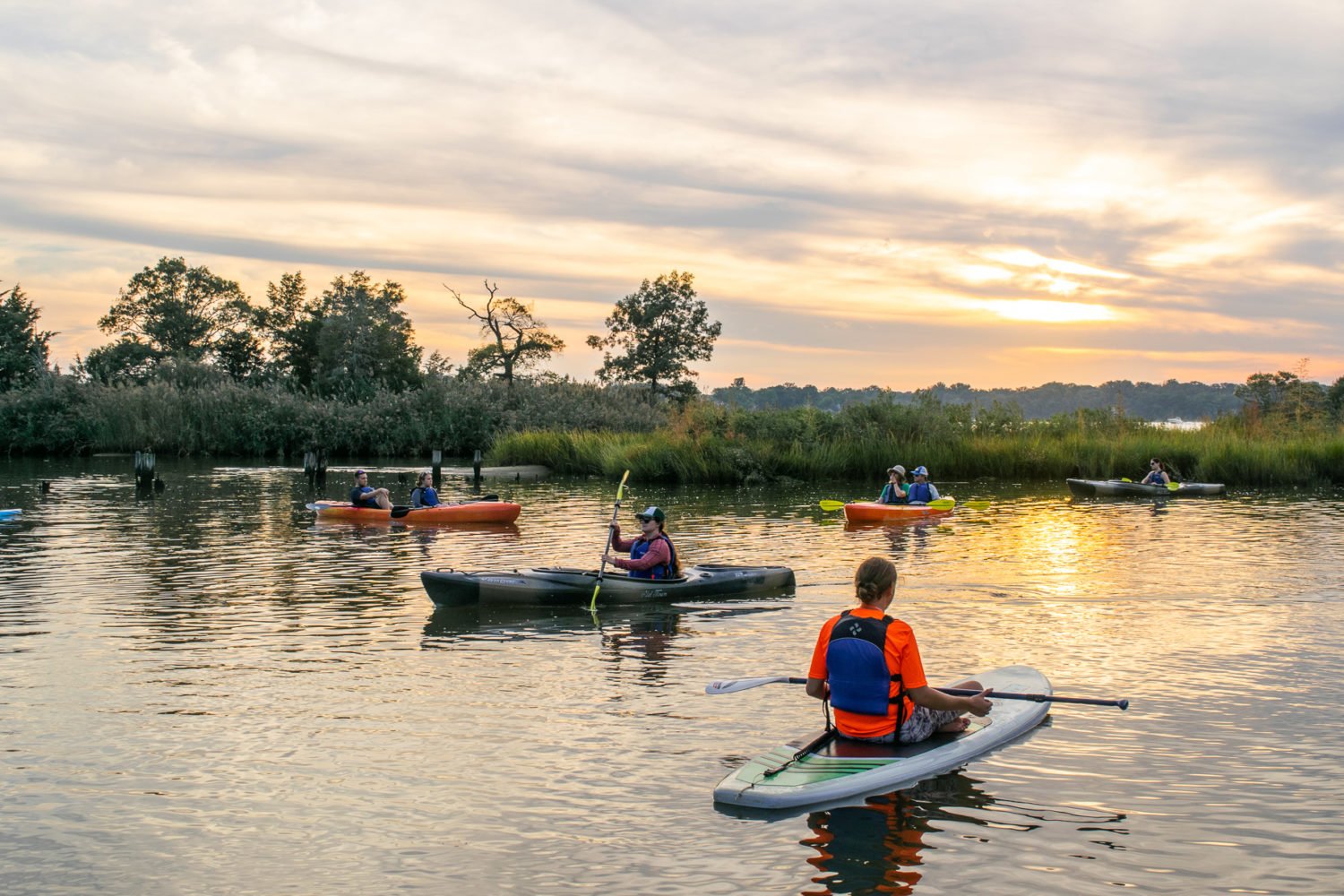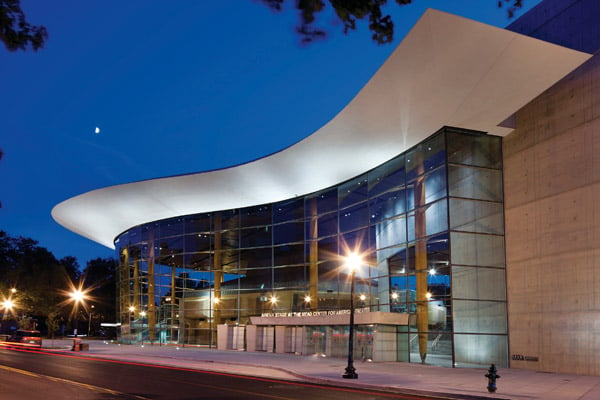It’s a tale as old as . . . well, probably as old as what is essentially a childcare crisis in America: parents shifting their kids from the expensive juggle of daycare centers and nannies to school, only to realize that summer comes fast and the scramble for childcare is suddenly back on.
For some, this means summer babysitters and temporary nannies—often college students or high-school neighbors looking for a summer gig—but for many, it’s a race to fill the summer with camp weeks.
Once upon a time, camps were elective enrichment experiences that offered children the chance to get outside, make new friends, discover or hone skills, establish some independence, and cement lifelong memories. Camps are still those things—but particularly for kids not at the stay-at-home-alone-all-day age, they’re also a necessary schedule filler.
But they’re an expensive schedule filler, and the planning—which starts in winter—can be complicated and crazy, to say the least.
Registration Roulette
The first time I signed my kids up for summer camp, a fellow preschool parent gave me a heads-up that the school’s camps went quickly. I set my alarm for 6:45 am on a January Saturday so I could book the $500-a-week camp when registration opened at 7. But it happened to be a rare Saturday on which my children slept in, so I hit snooze just once and found myself with a fraction of the weeks left to choose from, waitlisted on others. When I later mentioned my surprise about the competition for slots to a friend whose kids are a few years older, she chuckled and said, “Oh, it’s serious. I will send you a copy of my spreadsheet. I have the entire summer mapped out by week, with which kid goes to which camp.” Spreadsheets, I’ve since learned, are a tool of camp-planning parents everywhere.
The experience goes beyond competitive or special programs. I recently put out a call on Instagram asking parents to share their tales of camp deadlines and costs. The responses were swift. One mom said, “January, an arm and a leg, and you thought daycare payments were over, ha!” Another told me about the time she wanted to register her child for a camp that opened enrollment at midnight. While several of her friends stayed up to register right away, she set an alarm for 5 am instead—and found herself on a waitlist.
The issue is not just the speed at which slots can fill up but the earlier dates that many camps now open up enrollment. One mom lamented that by early December, some were already full. Indeed, though most still open registration no earlier than January, others now kick off registration in December. By March—when many parents are beginning to think about summer—waitlists can abound.
While Smithsonian Summer Camp opens enrollment in February, it has instituted a new lottery for the chance to register. Donors at the $300 contributor level and above can earn early access to registration. To enter the lottery, you have to preregister your camper and meet the donor qualifications by January 21, plus have an active membership through at least August 31.
Preregistration Planning
Even though a camp may not sell out the minute registration opens, parents are often looking to fill childcare holes in particular weeks. Terah Herman-Saldaña, youth program director at the Theatre Lab School of the Dramatic Arts, says some age groups and sessions reach capacity by early February and others not until spring: “The final session of the summer typically fills up first, as we are one of the few camps in the area that offers end-of-summer programming.”
To get the weeks they want, parents say they have to be prepared. One Reston mom begins analyzing her family’s summer work and vacation schedules in mid-January so she can be ready to register her ten-year-old when her preferred camps open enrollment in February.
One Arlington parent called summer-camp registration “one of the greatest stresses of the year”—and said that as of mid-December, camp emails started to roll in. In her ten years of enrolling in summer camps, her experience has included being number 197 on a waitlist; taking three years to get into a cupcake camp; and, after two years of trying, still being unable to get her son into a Lego camp he wants to attend. “One year, the entire system crashed during registration and all the parents in Arlington flipped out,” she says. “The camp situation is dire, and parents struggle with it every year.”
Sticker Shock
The cost can also catch parents—especially those new to the process—off guard. Generally, options include half-day schedules starting around $265 a week, full-day costing around $400 to $800 a week, and overnight offerings that can exceed $2,000 per week—per child.
Smaller, local-government-affiliated camps, such as those run by NOVA Parks, tend to be cheaper (starting at $290 a week for full days) and begin registration a little later. Alexandria and Arlington County parks, for example, open registration in February. DC’s Department of Parks and Recreation offers two weeks of full-day sessions for $150 a camper—a deal so good that last year it instituted a registration lottery system; it opens February 12.
Post-Pandemic “Frenzy”
Camp directors we spoke with confirm that demand for summer camps—particularly since the pandemic—has increased.
Dan Barry, director of Barrie Camp at Silver Spring’s private Barrie School, says enrollment has increased by 100 to 150 campers a week since 2020. And though registration has opened in January for as long as he can remember, he reports that these days more than a third of campers apply within 36 hours. Jill Ferris, vice president of education and interpretation at the Chesapeake Bay Maritime Museum, calls January registration since the camp reopened after the pandemic a “frenzy,” and says that though the museum has worked to increase capacity, some waitlists can be as large as the group size itself, if not bigger.
While it’s unlikely the race for camp slots will ease anytime soon, the good news is that if your schedule is flexible and your camper’s interests are varied, there’s still time to sign up for a summer camp. Then you can immediately start planning for next year.

